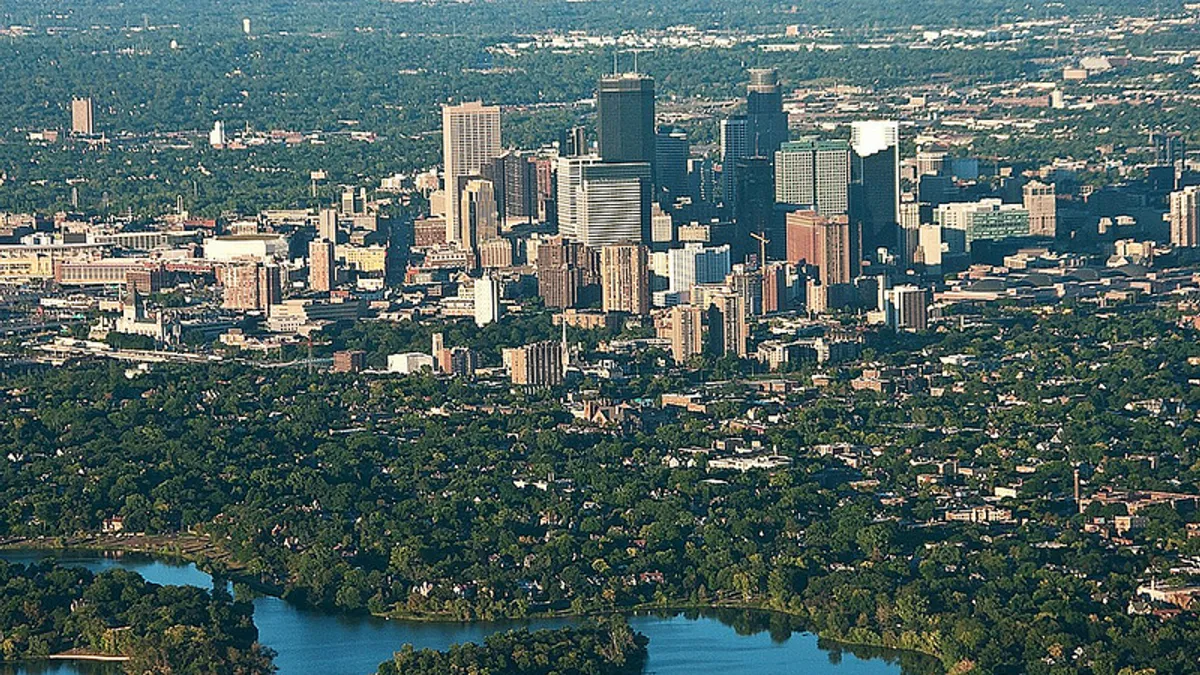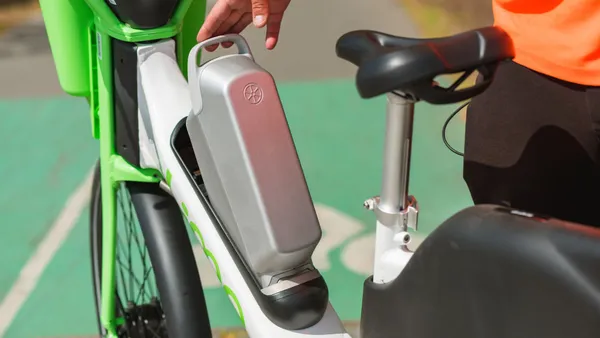Dive Brief:
- Northern Metal Recycling has agreed to move a controversial scrap facility out of Minneapolis to the small city of Becker as part of a $2.5 million agreement with the Minnesota Pollution Control Agency, as reported by the Star Tribune.
- The settlement includes a civil penalty of $1 million, three years of air monitoring costs, and reimbursement to MPCA for its own monitoring costs and legal fees. $600,000 will also be included for local community health initiatives on asthma and follow-up lead tests for local children.
- The move to Becker is expected to be complete by August 2019 and the MPCA will continue monitoring air quality at Northern Metal's Minneapolis facility in the meantime.
Dive Insight:
This agreement marks a welcome resolution for the company, regulators and local residents after years of disagreement over environmental standards. The MPCA has been monitoring air quality in the area since 2014 and moved to revoke the facility's air permit last spring. Legal and permitting questions continued in court throughout the year, leading to recent calls for a full shutdown.
The financial effects of this settlement and eventual move may be easier to bear for Northern Metals, which operates multiple facilities in the region, but some have wondered what it will mean for the local businesses that sell them scrap. Though this may now present an opportunity for other local scrap recyclers to take over some of their market share and will also create new jobs in Becker.
From an environmental justice standpoint this is a clear victory for local residents who feel overburdened by other industrial activity in the area. The agreement's community funding should help ensure peace of mind over any potential health effects, though state officials have indicated that additional federal funding may be needed to clean up the site once it's vacated. The Trump administration has discussed cuts to relevant federal grants — though Administrator Scott Pruitt of the Environmental Protection Agency has pushed back on that idea — leaving it very unclear what options will be available by 2019.














